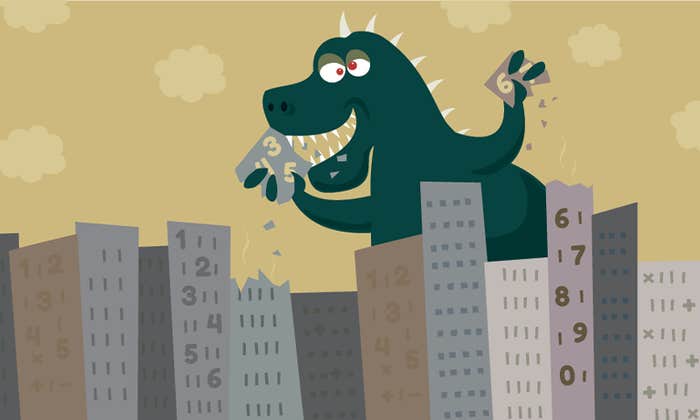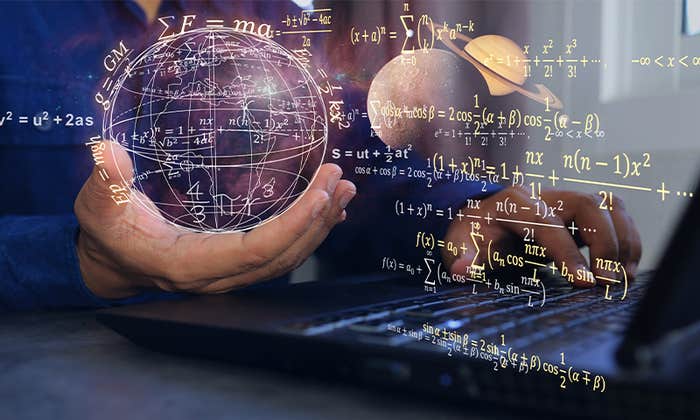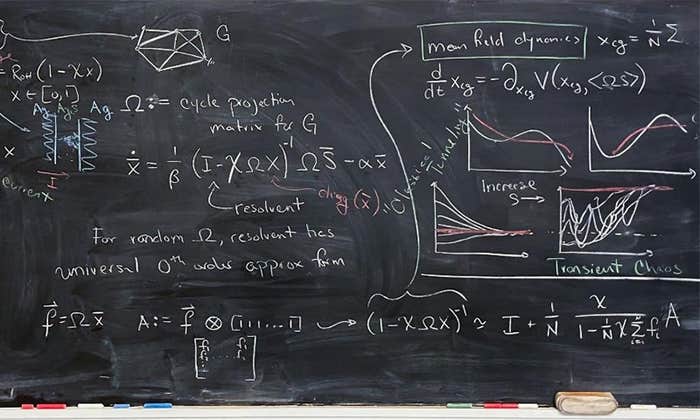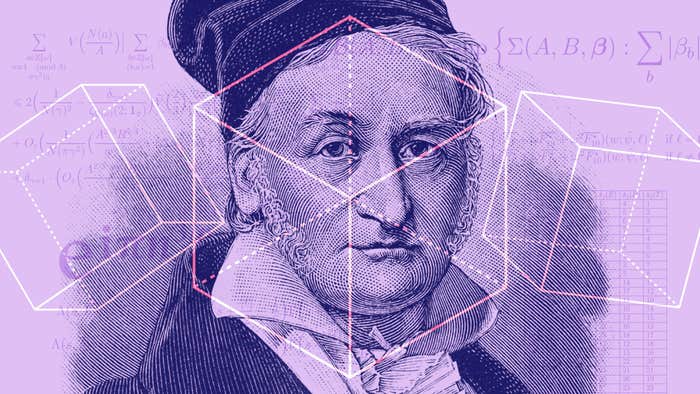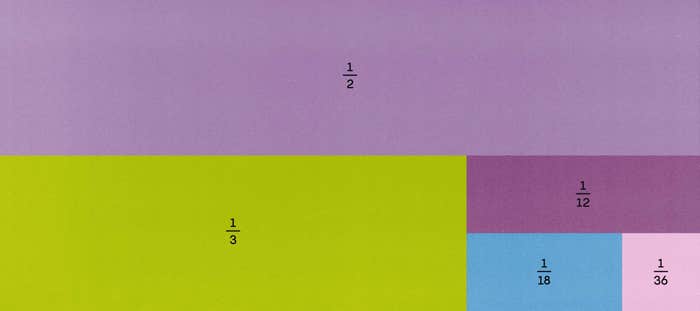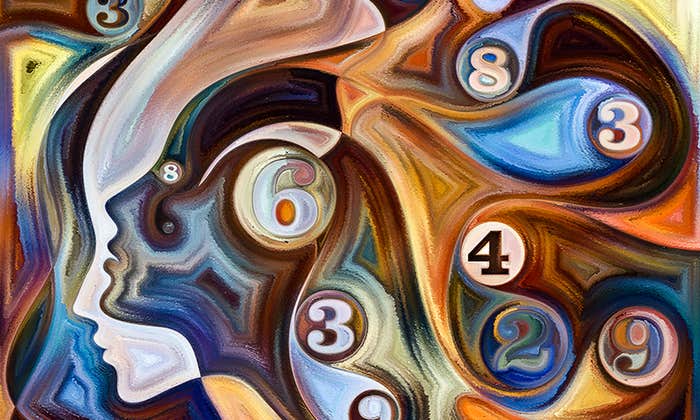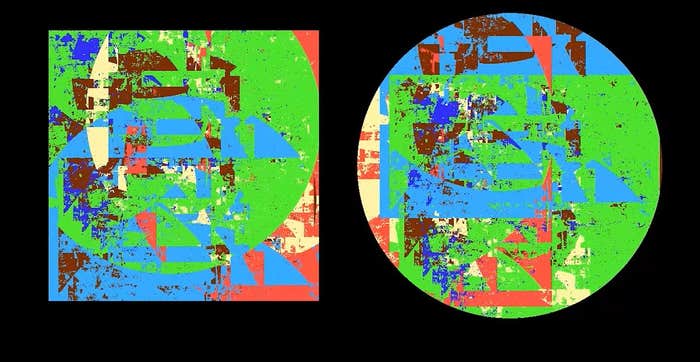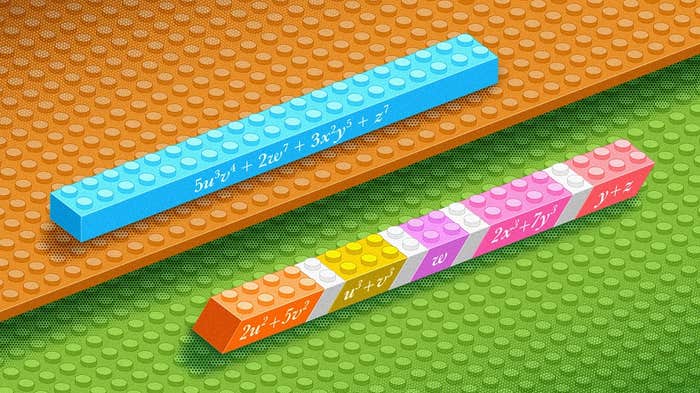Math
159 articles-
When Monsters Came for Mathematics
Adam Kucharski’s 3 greatest revelations while writing Proof: The Art and Science of Certainty -
The Mathematical Mysteries of Fireflies
What blinking bugs reveal about synchrony in the universe -
When Work Is Play
Patchen Barss on his 3 greatest revelations while writing The Impossible Man: Roger Penrose and the Cost of Genius. -
Why Physics Is Unreasonably Good at Creating New Math
The secret sauce is the real world. -
The Elegant Math of Machine Learning
Anil Ananthaswamy’s 3 greatest revelations while writing Why Machines Learn. -
The “Hot Hand” Is Not a Myth
With the NBA Finals upon us, a mathematician revisits the famous paper that claims a player’s hot streak is an illusion. -
What Are the Chances?
There are no such things as coincidences. -
The Magic of the Blackboard
Why scientists can’t quit chalk, even in the digital age. -
We Were Wrong About Online Algorithms
Three computer scientists disprove a long-standing idea about imperfect information. -
We’re All Math People
Some of the power of math lies in the very fact that it’s made up.
-
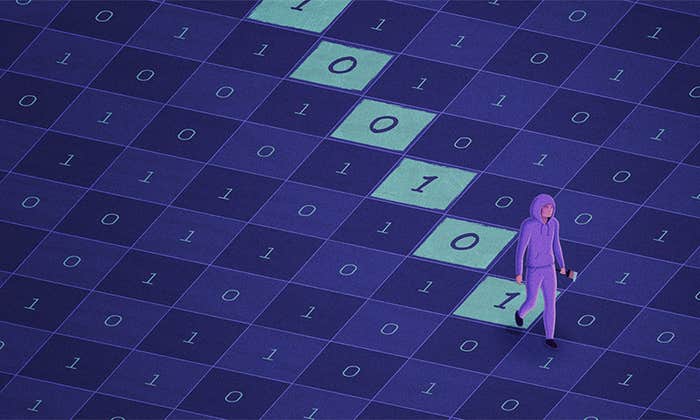
Alan Turing and the Power of Negative Thinking
Mathematical proofs based on a technique called diagonalization can be relentlessly contrarian, but they help reveal the limits of algorithms.
-

Risky Giant Steps Can Solve Optimization Problems Faster
New results break with decades of conventional wisdom for the gradient descent algorithm.
-

Math Proof Draws New Boundaries Around Black Hole Formation
For a half century, mathematicians have tried to define the exact circumstances under which a black hole is destined to exist.
-
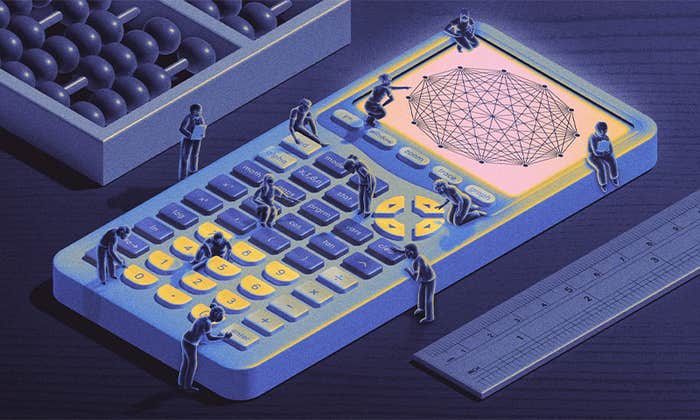
The Lawlessness of Large Numbers
Mathematicians can often figure out what happens as quantities grow infinitely large. What about when they are just a little big?
-
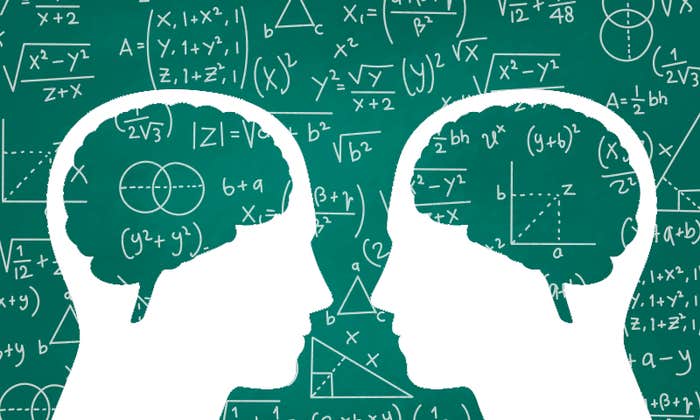
Are All Brains Good at Math?
Math provokes dread in so many people—yet we are all born with a sense for numbers.
-
A Numerical Mystery From the 19th Century Finally Gets Solved
Two mathematicians have proven Patterson’s conjecture, which was designed to explain a strange pattern in sums involving prime numbers. -
Math’s “Oldest Problem Ever” Gets a New Answer
A new proof significantly strengthens a decades-old result about the ubiquity of ways to represent whole numbers as sums of fractions. -
Imaginary Numbers Are Reality
How the modern world arose from imaginary numbers. -
An Ancient Geometry Problem Falls to New Mathematical Techniques
Three mathematicians show, for the first time, how to form a square with the same area as a circle by cutting them into interchangeable pieces that can be visualized. -
Mathematicians Find Structure in Biased Polynomials
New work establishes a tighter connection between the rank of a polynomial and the extent to which it favors particular outputs.















